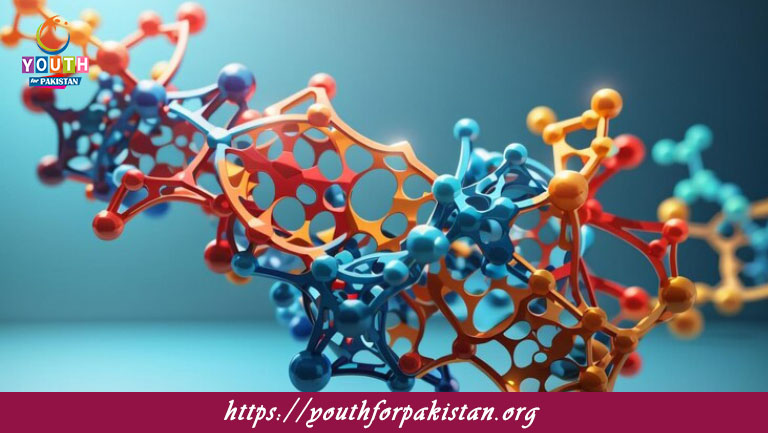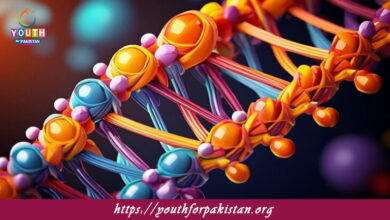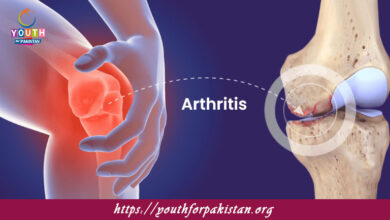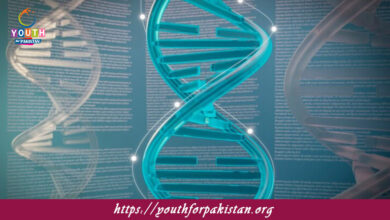Introduction/Characteristics Of Enzymes MDCAT Quiz with Answers

Enzymes are specialized biological catalysts that accelerate chemical reactions in living organisms, making them a vital subject for MDCAT preparation. These protein molecules are involved in nearly all metabolic processes in the body, from digestion to DNA replication. Understanding the characteristics and functions of enzymes is crucial for mastering biochemistry and physiology. To reinforce your knowledge, practice with an MDCAT Quiz focused on enzymes, ensuring you’re well-prepared for exam day.
Key Characteristics of Enzymes
Key characteristics of enzymes include the following: they are very specific; each enzyme catalyzes a specific reaction or type of reaction. The active site of the enzyme determines this specificity, and it is very much like a key fitting into a lock with the substrate. Enzymes are reusable, meaning they are not consumed or permanently altered in the reactions they catalyze. They also show efficiency by speeding up reactions through lowering the activation energy required. However, they can be affected by various factors such as temperature, pH, and concentration of the enzyme, so knowing how environmental conditions affect their activity is important.
MDCAT Quiz on Enzyme Characteristics
Attempt an MDCAT Quiz focused on enzyme characteristics. This quiz will cover key topics including enzyme specificity, the role of cofactors, and how temperature or pH changes impact enzyme activity. Practice regularly with such quizzes to understand enzyme behavior and mechanisms better and boost your confidence in answering exam questions related to enzymes.
Free Flashcards for Enzyme Study
Utilize Free Flashcards to memorize the main characteristics of enzymes. Flashcards contain short definitions and, on many occasions, diagrams of enzyme-substrate interactions that help to remember this kind of information. In order to memorize this critical piece of information about enzymes in your MDCAT exams, frequent use will definitely help. The mastery of the introduction and characteristics of enzymes is a vital need for excelling in the MDCAT. Combining quizzes with flashcards in your study routine will definitely solidify your concepts, improve your retention, and confidently tackle related questions on your exam.




